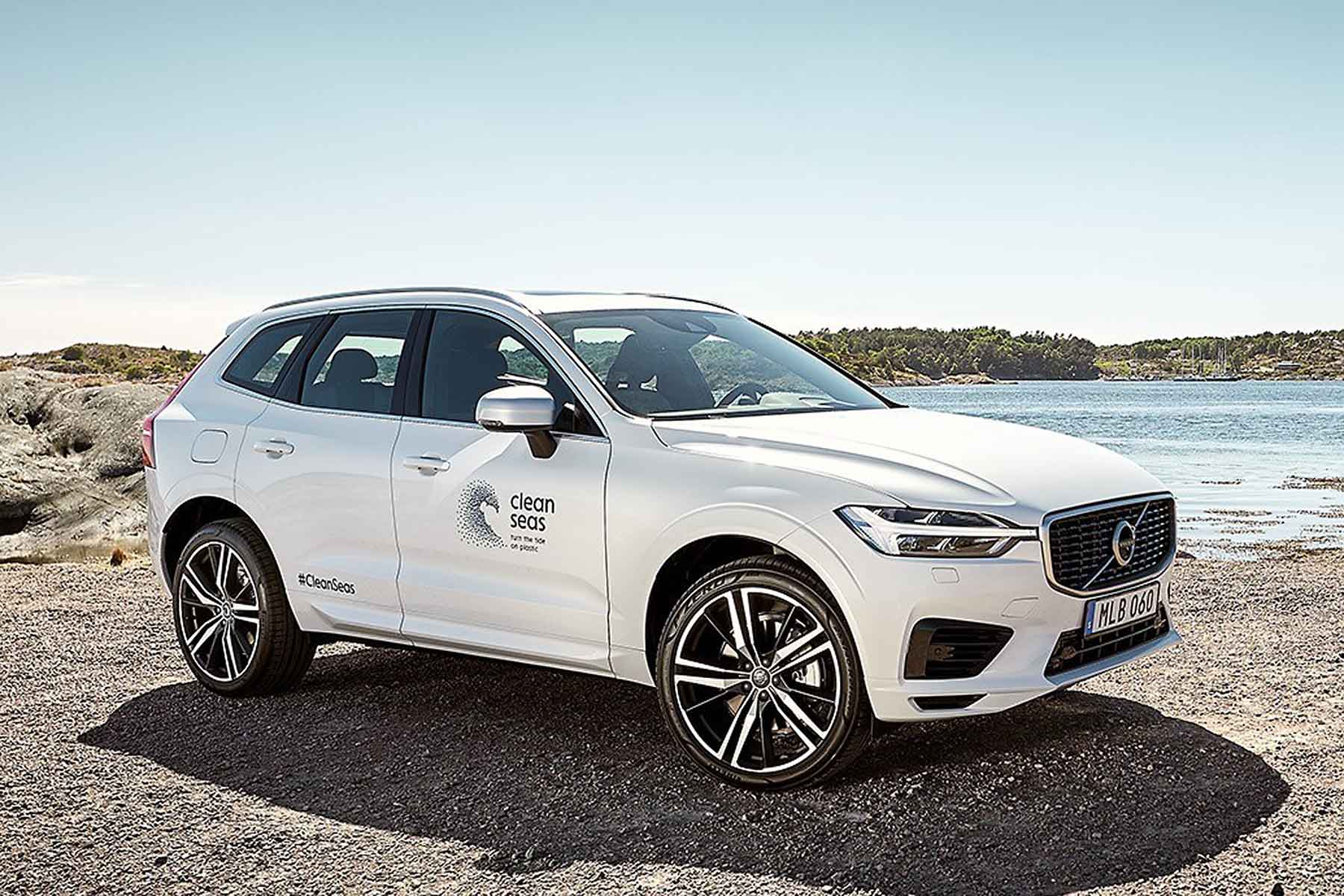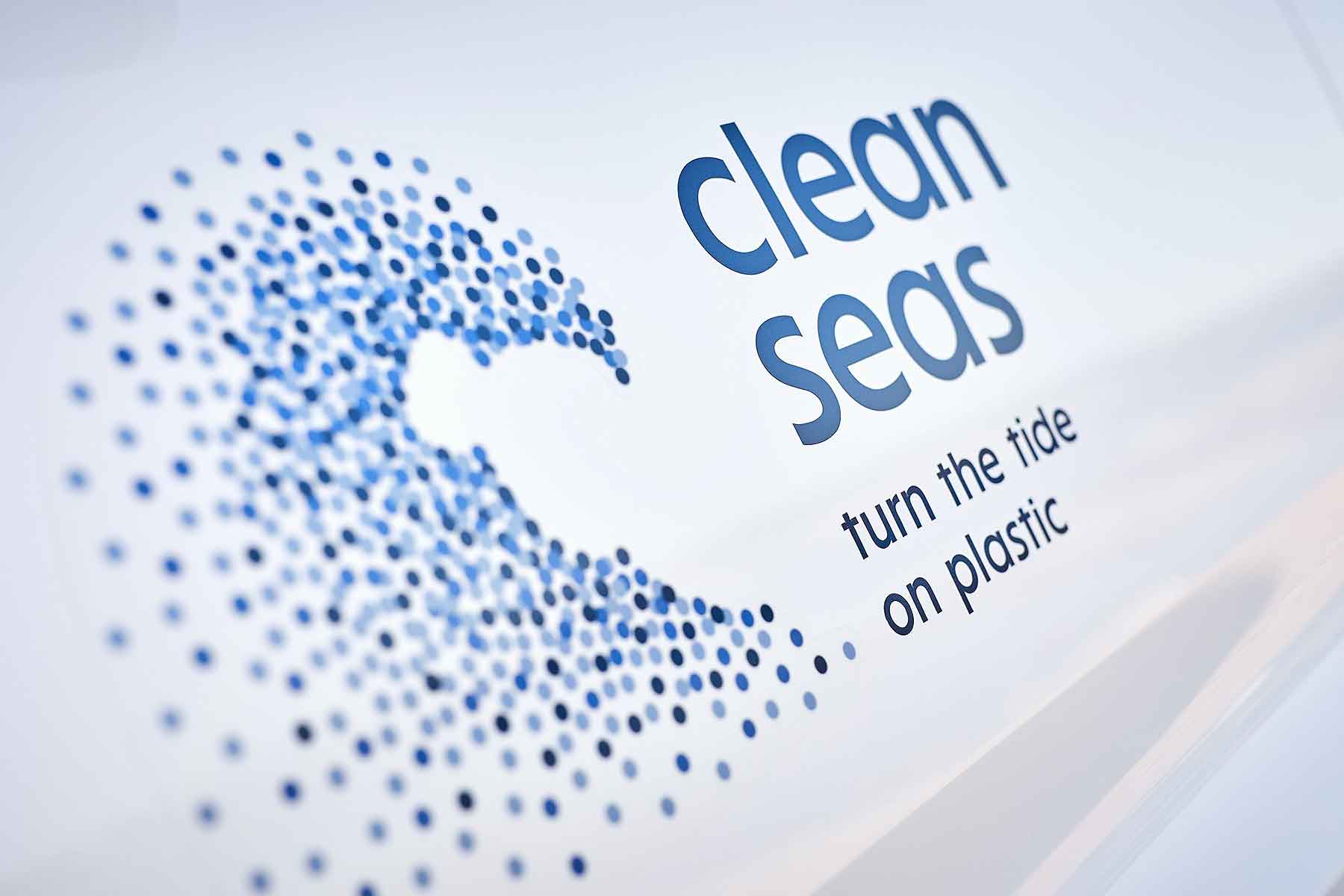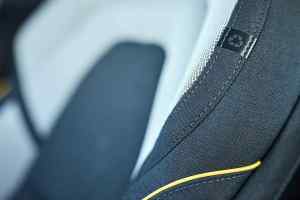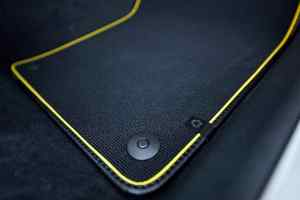 The world has woken up to the scandal of plastic waste, and Volvo is one of the first carmakers to respond with a headline commitment: all its new cars will, by 2025, contain 25 percent recycled plastics.
The world has woken up to the scandal of plastic waste, and Volvo is one of the first carmakers to respond with a headline commitment: all its new cars will, by 2025, contain 25 percent recycled plastics.
The firm’s even revealed an early special-build XC60 (the 2018 World Car of the Year) that features a large amount of recycled plastics – yet is visually identical to a conventional car off the production line.
“Volvo is committed to minimising its global environmental footprint,” said Hakan Samuelsson, president and CEO of Volvo Cars. “Environmental care is one of Volvo’s core values and we will continue to find new ways to bring this into our business.
“This car and our recycled plastics ambition are further examples of that commitment.”
The recycled XC60 contains the following innovations:
- Tunnel console made from renewable fibres and plastics from discarded fishing nets and maritime ropes
- Carpet made from PET plastics bottles and recycled cotton from clothing manufacturers’ offcuts
- Seats containing PET fibres from plastic bottles
- Underbonnet soundproofing made out of used car seats from old Volvos
Volvo revealed the recycled-plastics XC60 at the Ocean Summit during the Gothenburg Volvo Ocean Race stopover. The race is already working in partnership with the United Nations Environment Clean Seas campaign: hence the ‘Turn the Tide on Plastic’ branding.

“Extensive recycling and reuse of plastic is vital to our efforts to turn the tide on plastic pollution” said Erik Solheim, head of UN Environment.
“Volvo’s move to integrate plastic waste into the design of their next fleet of cars sets a new benchmark that we hope others in the car industry will follow.
“This is proof that this problem can be solved by design and innovation.”
Other environmental targets Volvo’s set itself include electrifying all its new cars by 2019, selling 50 percent fully electric cars by 2025, and making its manufacturing operations climate-neutral by 2025.


